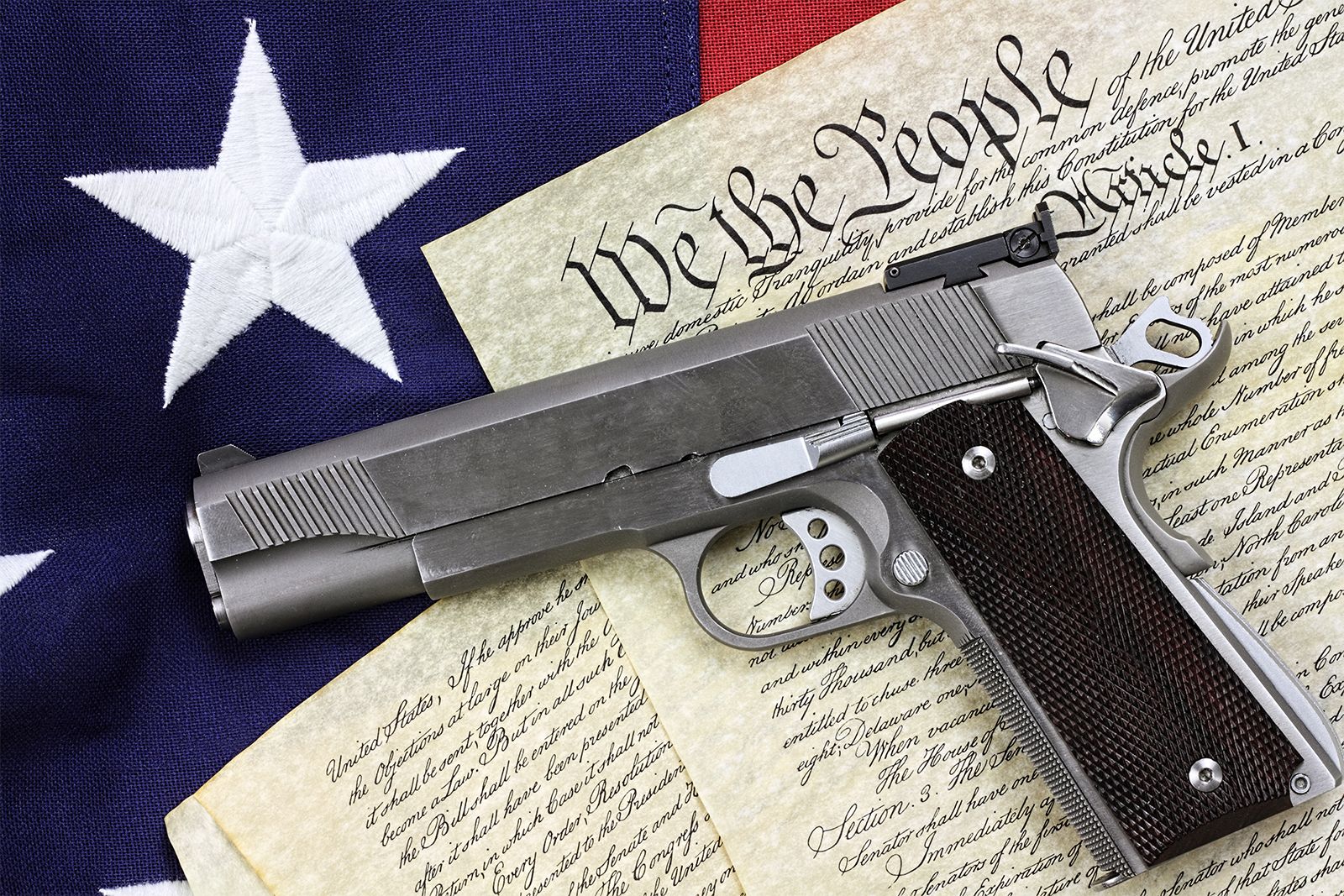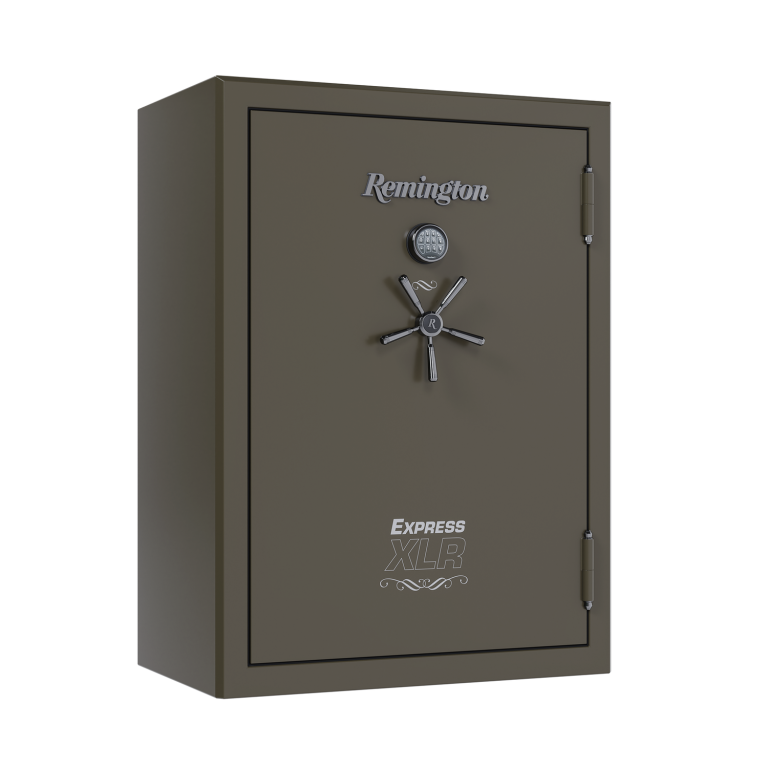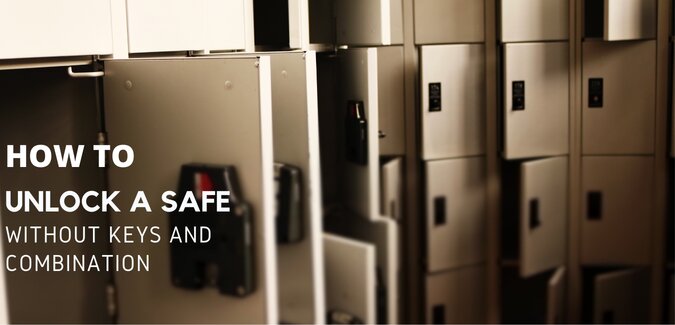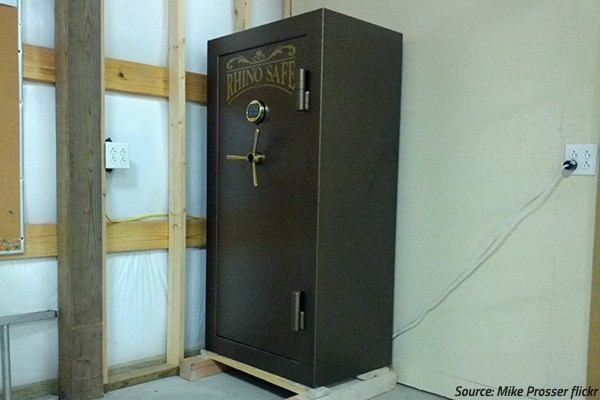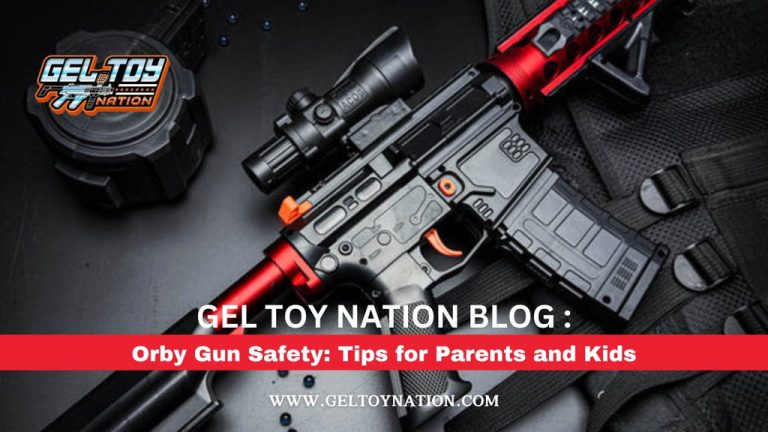Why Gun Safety is So Important: Key Facts to Know
Gun safety is crucial to prevent accidents and ensure responsible firearm use. It helps protect lives and maintain public safety.
Gun safety is essential for several reasons. Accidents involving firearms can lead to severe injuries or fatalities. Proper gun handling and storage prevent unauthorized access and misuse, especially by children. Educating gun owners about safety protocols reduces the risk of accidental discharge.
Responsible firearm use also contributes to the overall safety of communities. Following gun safety measures ensures that firearms are used only for their intended purposes, such as self-defense or sport. By adhering to safety guidelines, gun owners can help create a secure environment for themselves and others. Prioritizing gun safety is a responsibility that benefits everyone.
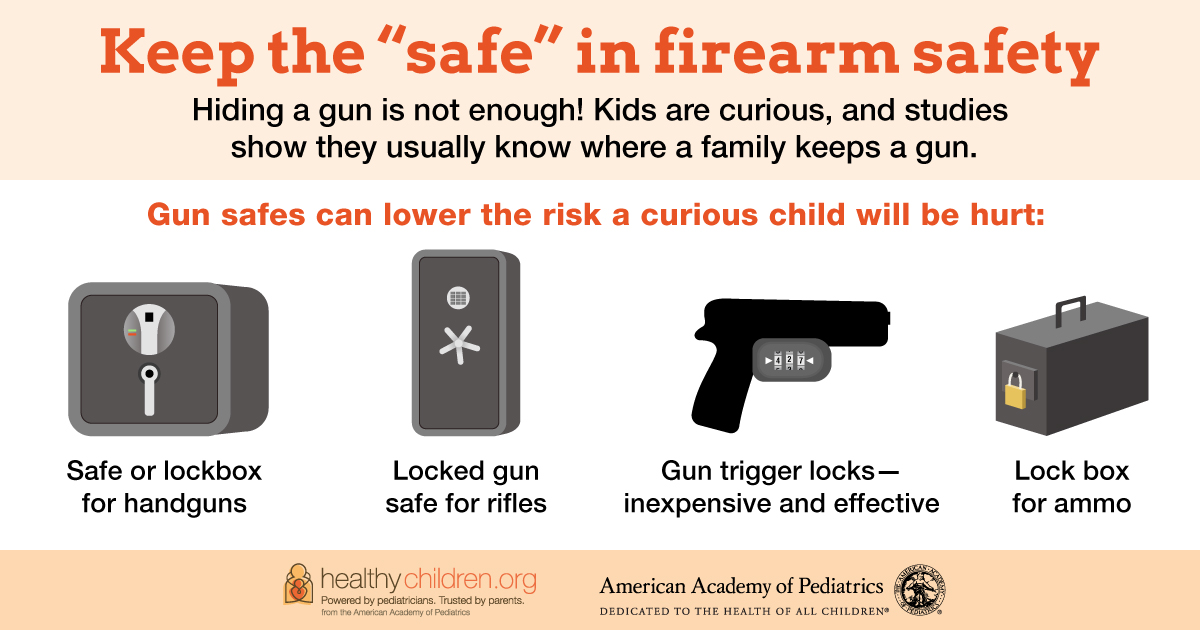
Credit: www.healthychildren.org
The Basics Of Gun Safety
Understanding the basics of gun safety is crucial for everyone. Whether you own a gun or not, knowing these principles can save lives. This section will cover two key aspects of gun safety: proper handling and storage guidelines.
Proper Handling
Proper handling of a gun ensures safety for everyone around.
- Always treat a gun as if it is loaded.
- Keep your finger off the trigger until ready to shoot.
- Never point the gun at anything you do not intend to shoot.
- Be aware of your target and what is beyond it.
These rules help prevent accidental discharges and injuries.
Storage Guidelines
Storing guns safely is just as important as handling them correctly.
| Storage Method | Guidelines |
|---|---|
| Gun Safes | Store guns in a locked safe. Only the owner should have the key. |
| Gun Locks | Use trigger or cable locks to prevent unauthorized use. |
| Ammunition | Store ammunition separately from the guns. |
These storage methods help prevent accidents and unauthorized use.
Preventing Accidental Discharges
Gun safety is crucial to avoid accidental discharges. These incidents can cause serious harm or even death. Understanding common causes and taking preventive measures can save lives. Let’s explore how to prevent these accidents.
Common Causes
Accidental discharges often happen due to negligence or lack of knowledge. Here are some common causes:
- Improper Handling: Mishandling the gun can lead to unintended firing.
- Lack of Training: Untrained individuals may not know safe gun practices.
- Mechanical Failures: Faulty guns can discharge accidentally.
- Trigger Sensitivity: Sensitive triggers can cause unintentional shots.
Preventive Measures
Taking the right steps can prevent accidental discharges. Here are some effective measures:
- Proper Training: Enroll in gun safety courses. Learn how to handle guns safely.
- Regular Maintenance: Keep guns in good working condition. Regularly check for faults.
- Safe Storage: Store guns in secure places. Keep them out of reach of children.
- Trigger Locks: Use trigger locks to prevent accidental firing.
- Finger Discipline: Keep fingers off the trigger until ready to shoot.
By understanding the causes and taking preventive actions, we can greatly reduce accidental discharges. This ensures a safer environment for everyone.
Educating Children About Guns
Gun safety is a critical topic for families. Teaching children about guns can prevent accidents. It’s essential to tailor these lessons to their age and maturity level. This section will focus on educating children about guns effectively.
Age-appropriate Lessons
Children of different ages require different gun safety lessons. Young children need simple, clear instructions. Older children can understand more detailed safety rules.
Here’s a breakdown of age-appropriate lessons:
| Age Group | Lesson Focus |
|---|---|
| 3-6 years | Stay away from guns, tell an adult |
| 7-12 years | Basic gun safety rules, importance of not touching |
| 13+ years | Safe handling practices, understanding consequences |
Safe Behavior
Instilling safe behavior is key. Teach children to respect guns. They must understand guns are not toys.
Here are some safe behavior tips:
- Never point a gun at anyone
- Always treat guns as if they are loaded
- Keep fingers off the trigger
Encourage children to ask questions. Provide clear answers. This builds trust and understanding. Use role-playing to reinforce lessons. Practice can make safety habits stick.
Reducing Gun-related Accidents
Gun safety is crucial for reducing gun-related accidents. Proper handling and storage of firearms can save lives. By following safety guidelines, we can prevent injuries and fatalities.
Statistics And Trends
Gun-related accidents result in thousands of injuries and deaths yearly. Data shows accidental discharges are common among children. According to the CDC, over 500 accidental gun deaths occurred in the past year. The majority involved children and teens. These numbers highlight the need for effective gun safety measures.
| Year | Total Accidents | Involving Children |
|---|---|---|
| 2020 | 1,200 | 450 |
| 2021 | 1,150 | 470 |
Effective Strategies
Implementing effective strategies can reduce gun-related accidents. Here are some proven methods:
- Education and Training: Teach gun safety to children and adults.
- Safe Storage: Store firearms in locked cabinets or safes.
- Use of Safety Devices: Install trigger locks on all firearms.
- Regular Inspections: Check guns regularly for safety and functionality.
Parents should ensure children cannot access firearms. Schools and communities must promote gun safety education. Regular training can help individuals handle guns safely.
Legal Implications Of Gun Safety
Gun safety is not only about preventing accidents. It also involves understanding the legal aspects. Laws exist to ensure responsible gun ownership. Knowing these laws helps you stay compliant and safe.
Laws And Regulations
Every country has laws regulating gun ownership. These laws vary widely. In the United States, federal and state laws govern gun use. Important laws include:
- Gun Control Act of 1968
- Brady Handgun Violence Prevention Act
- Various state-specific regulations
These laws cover who can own a gun, where guns can be carried, and how they must be stored. They also include age restrictions and background checks. Compliance with these laws is crucial for legal gun ownership.
Consequences Of Negligence
Failing to follow gun safety laws can lead to serious consequences. These include:
- Fines and penalties
- Loss of gun ownership rights
- Criminal charges
Negligent gun use can result in accidents, injuries, or even death. Legal repercussions can be severe. They may include jail time and hefty fines. Being responsible with your gun helps avoid these consequences.
Understanding the legal implications of gun safety protects you and others. Stay informed and compliant to ensure safe gun ownership.

Credit: www.britannica.com
The Role Of Gun Safety Courses
Gun safety courses play a vital role in ensuring responsible firearm usage. These courses teach individuals the necessary skills to handle guns safely. Learning these skills can prevent accidents and save lives.
Course Benefits
Participating in gun safety courses offers numerous benefits. Here are some key advantages:
- Knowledge: You learn the basics of gun safety and handling.
- Confidence: Gain confidence in managing firearms responsibly.
- Legal Awareness: Understand the laws related to gun ownership.
- Emergency Response: Learn how to act in emergency situations.
Where To Find Training
Finding a good gun safety course is easy. Here are some options:
- Local Gun Ranges: Many local gun ranges offer safety courses.
- Community Centers: Check local community centers for classes.
- Online Platforms: Online courses provide flexibility and convenience.
- Law Enforcement Agencies: Some police departments offer training sessions.
These courses are crucial for anyone who owns or plans to own a firearm. Proper training ensures safety for everyone.
Impact On Mental Health
Gun safety is vital for protecting mental health. The impact is profound and far-reaching. Proper gun safety measures help prevent stress, anxiety, and promote community well-being. This section explores how gun safety affects mental health.
Stress And Anxiety Reduction
Gun safety practices reduce stress. Knowing that guns are stored safely can ease minds. Families with safe gun habits experience less anxiety. Children feel more secure when guns are out of reach. Safe environments foster peace of mind.
- Proper storage prevents accidents
- Reduces fear of accidental discharge
- Promotes a sense of security
Parents and guardians benefit from reduced stress. They can trust that their precautions keep everyone safe. Gun owners feel more at ease. They know their guns are inaccessible to unauthorized users.
Community Well-being
Gun safety impacts the whole community. A community with safe gun practices thrives. People feel safer and more connected. Crime rates can drop when guns are stored properly.
| Benefit | Impact |
|---|---|
| Lower Crime Rates | Safer neighborhoods |
| Improved Trust | Stronger community bonds |
| Reduced Accidents | Fewer injuries |
Community programs that promote gun safety enhance trust. People support each other more. They work together to maintain a safe environment. This collective effort nurtures overall well-being.
Building A Culture Of Safety
Building a culture of safety is essential for responsible gun ownership. It ensures that everyone understands the importance of gun safety. A strong safety culture reduces accidents and promotes responsible behavior.
Community Programs
Community programs play a crucial role in promoting gun safety. They bring people together to learn and practice safe gun handling. Local workshops offer hands-on training and expert advice. Many communities have gun safety courses for all ages. These programs teach proper storage, handling, and usage of firearms.
Community events also spread awareness about gun safety. Events like gun safety fairs and public seminars educate the public. They provide valuable resources and information. Collaborations with local authorities enhance these programs, ensuring they meet safety standards. Community programs make gun safety a shared responsibility.
Promoting Responsible Ownership
Promoting responsible ownership is key to building a safety culture. Responsible gun owners always prioritize safety. They follow all safety rules and regulations. Proper storage of firearms prevents unauthorized access. Owners should use gun safes and trigger locks to secure their weapons.
Regular maintenance of firearms ensures they function correctly. Responsible owners clean and inspect their guns regularly. They also educate family members about gun safety. This includes teaching children about the dangers of guns.
Being a responsible owner means staying informed. Keeping up with laws and best practices is essential. Owners should also participate in safety courses and refresher training. Promoting responsible ownership creates a safer environment for everyone.

Credit: gunsafetytrainingpro.com
Frequently Asked Questions
What Is Gun Safety?
Gun safety involves handling, storing, and using firearms responsibly to prevent accidents and injuries. It includes proper training.
Why Is Gun Safety Crucial?
Gun safety prevents accidental shootings and injuries. It ensures responsible firearm use and protects everyone, especially children.
How Can I Practice Gun Safety?
Always treat guns as if they are loaded. Store firearms securely and use proper safety equipment. Get trained.
What Are Basic Gun Safety Rules?
Keep your finger off the trigger until ready to shoot. Always point the muzzle in a safe direction. Know your target.
Conclusion
Gun safety is crucial for protecting lives and preventing accidents. Proper training and awareness save lives and reduce injuries. Always follow safety guidelines and educate others about responsible firearm use. Prioritize safety to create a secure environment for everyone. Remember, responsible gun ownership starts with you.

